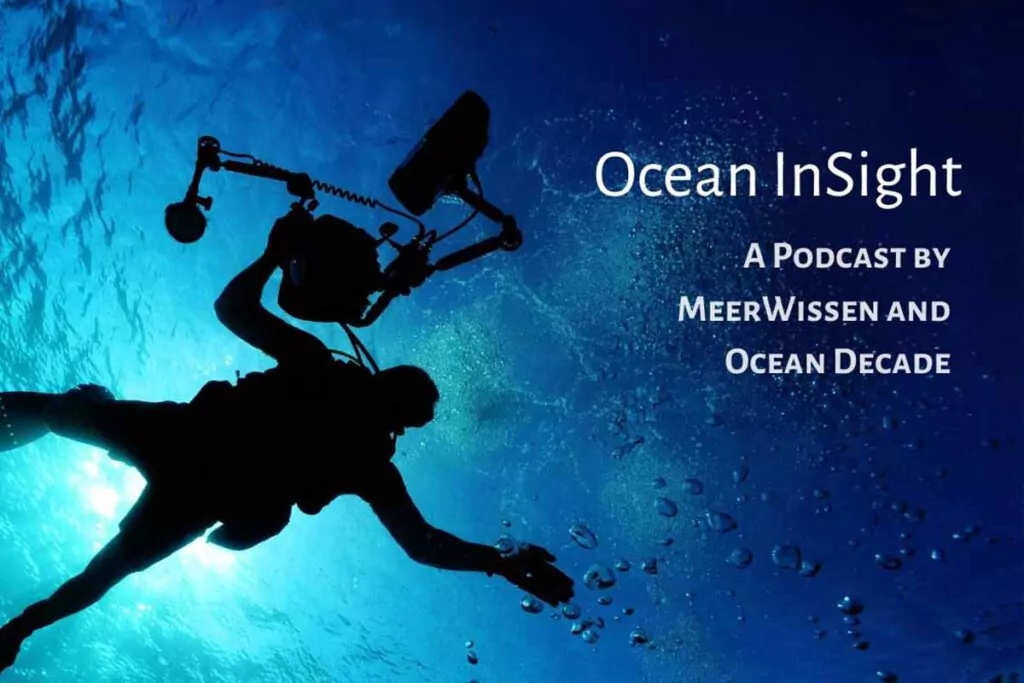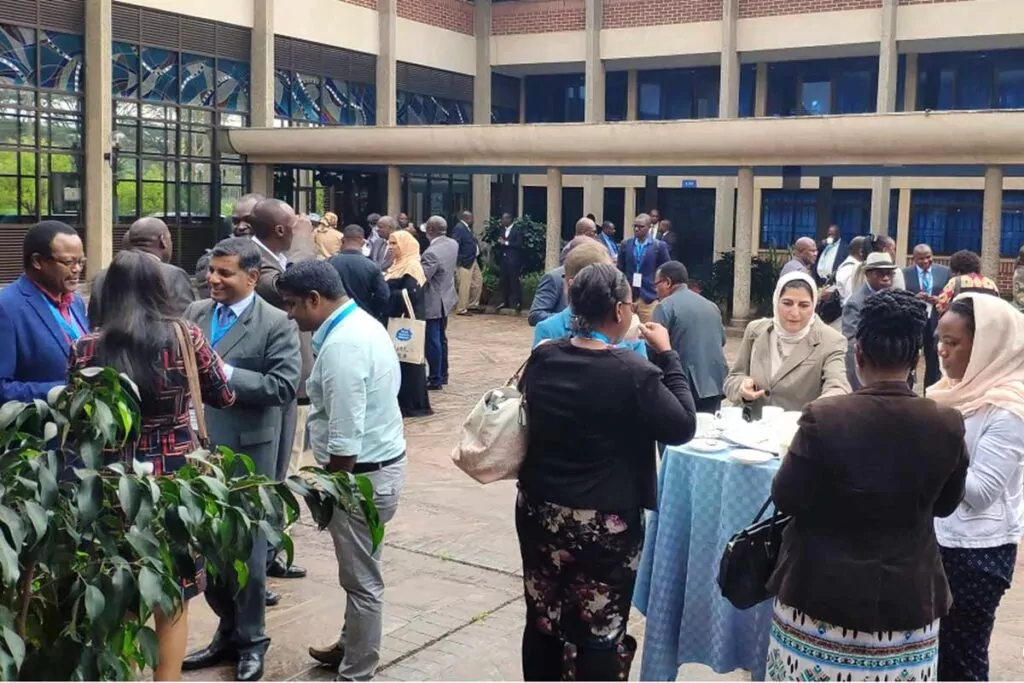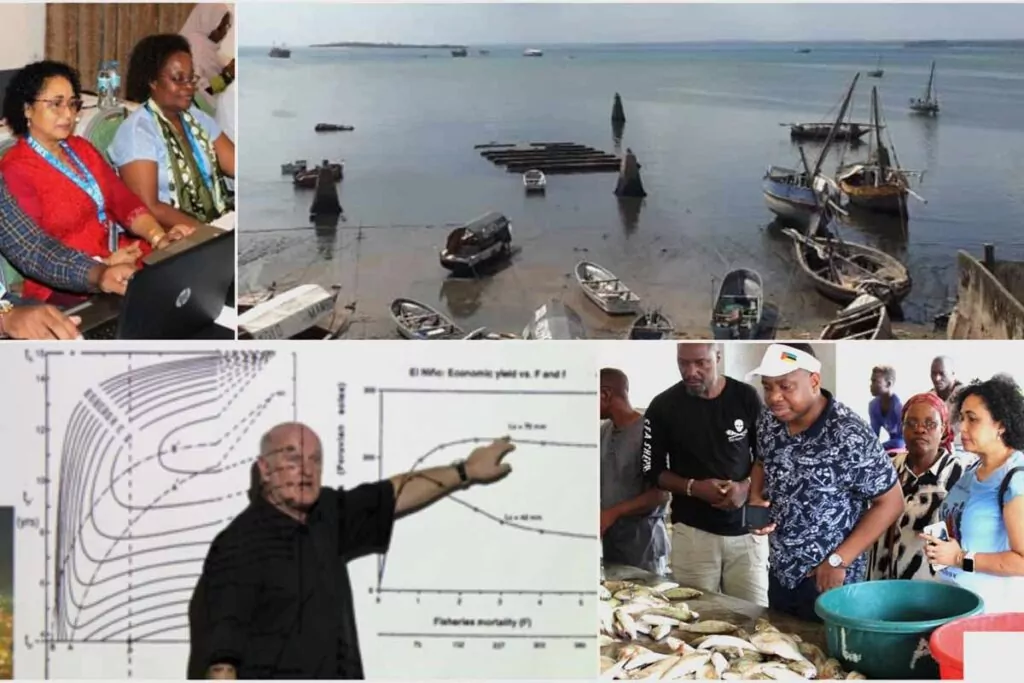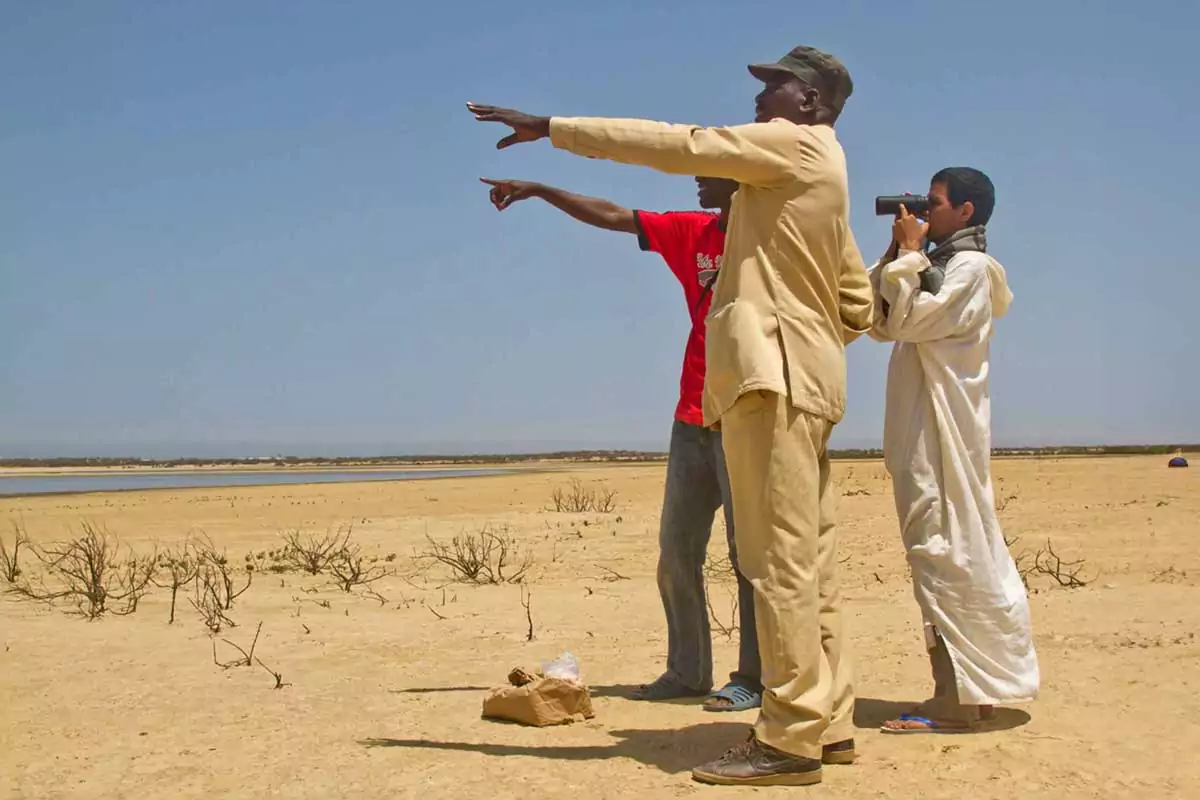As the deterioration of our ocean is increasingly posing a danger to people’s lives and livelihoods, there is a growing demand for ocean information to meet societal needs. That’s why we are so committed to support research projects that will have an impact on decision- and policymaking. While there are a lot of exciting things on the horizon for MeerWissen in the coming months, it is a good time to look back on 2021.
In the MeerWissen project, 66 scientists in 12 projects and 7 countries respond to the need for a strong knowledge basis to enhance the level of decision-making around the conservation and sustainable use of Africa’s Ocean and coasts. Here are our five MeerWissen highlights from the past year:
Third Call for Proposals: Improving the knowledge base for marine- and coastal Nature-based Solutions (NbS)
One milestone in 2021 was the third Call for Proposals of the MeerWissen initiative that went live in October. This time around, we were looking for African and German partnership projects that contribute to strengthening the knowledge base for marine and coastal Nature-based Solutions (NbS) in Africa. As with our previous calls, it explicitly supports a two-phased approach by funding a co-design phase prior to implementation of the joint research project. The projects will also be part of the Ocean Decade.
Our Call for Proposals was met with lively interest: On 20 October 2021 we hosted an info session on the objectives of nature-based solutions and the importance of a co-design approach with over 70 participants. Alongside the call, we published a guide on successfully conducting co-design in collaborative marine research projects. It aimed at inspiring and guiding all applicants in their proposals.
We are currently reviewing the different project proposals. The successful projects will be announced in the coming weeks.
Watch the info session:

Another highlight of 2021 was the start of our new podcast “Ocean InSight” in July. Join our hosts Paul Tuda and Hauke Kegler on a trip to Africa’s ocean and coasts and explore insights into knowledge-based policymaking regarding coastal and marine ecosystems. In its first season, the podcast highlighted some of our MeerWissen partnership projects and is dedicated to talking about different cross-cutting topics on the protection and sustainable use of coastal ecosystems. Tune in on Spotify.

Collaborating with partners like the Western Indian Ocean Marine Science Association (WIOMSA) is another important part of the MeerWissen Initiative. Together, we published a discussion paper on “Co-Design as the basis for collaboration and science to policy uptake in the Western Indian Ocean region” in March 2021. It provides an overview of the concept of co-design and gives recommendations on how to implement the approach and create the political will that is required.
In order to ensure that papers like this one are accessible to a wider audience, the Nairobi Convention and WIOMSA have agreed to establish a ‘WIO Science to Policy Platform Series’, in which papers presented at the ‘Nairobi Convention Science to Policy Platform meeting‘ will be published. In partnership with WIOMSA, we also presented the paper at the Nairobi Convention WIOMSA Science to Policy Platform meeting.
Virtual Event: Co-Designing Solution-Oriented Research for Sustainable Development
2021 marked the first year of the UN Ocean Decade, which aims to provide “the science we need for the ocean we want”. As part of the Ocean Decade Laboratory “An Inspiring and Engaging Ocean” we hosted the virtual event “Co-designing solution-oriented research for sustainable development – creating guidance for research projects and partnerships”. It promoted the need for transformation in ocean science. More than 60 participants discussed how to advance the ocean science agenda and research partnerships for sustainable development. Keynote speaker Professor Gabriele Bammer (Australian National University) provided an overview about transdisciplinary research and co-design before the four input sessions put the focus of the conference on the co-design process.

Throughout 2021, eight MeerWissen projects demonstrated the different developments, activities and results in a series of webinars. This way, lessons learned from the past few months were shared with the participants and possible synergies between the projects were discussed.
If you are curious, all webinars can still be watched on YouTube, for example from projects like “West African Biodiversity under Pressure”, “African Penguins and the Blue Economy” or “Fishing Data East Africa (FiDEA)”.
These are just a few examples of all the great work that has happened in the MeerWissen Initiative in the past year. We cannot wait to see what 2022 will bring along!

